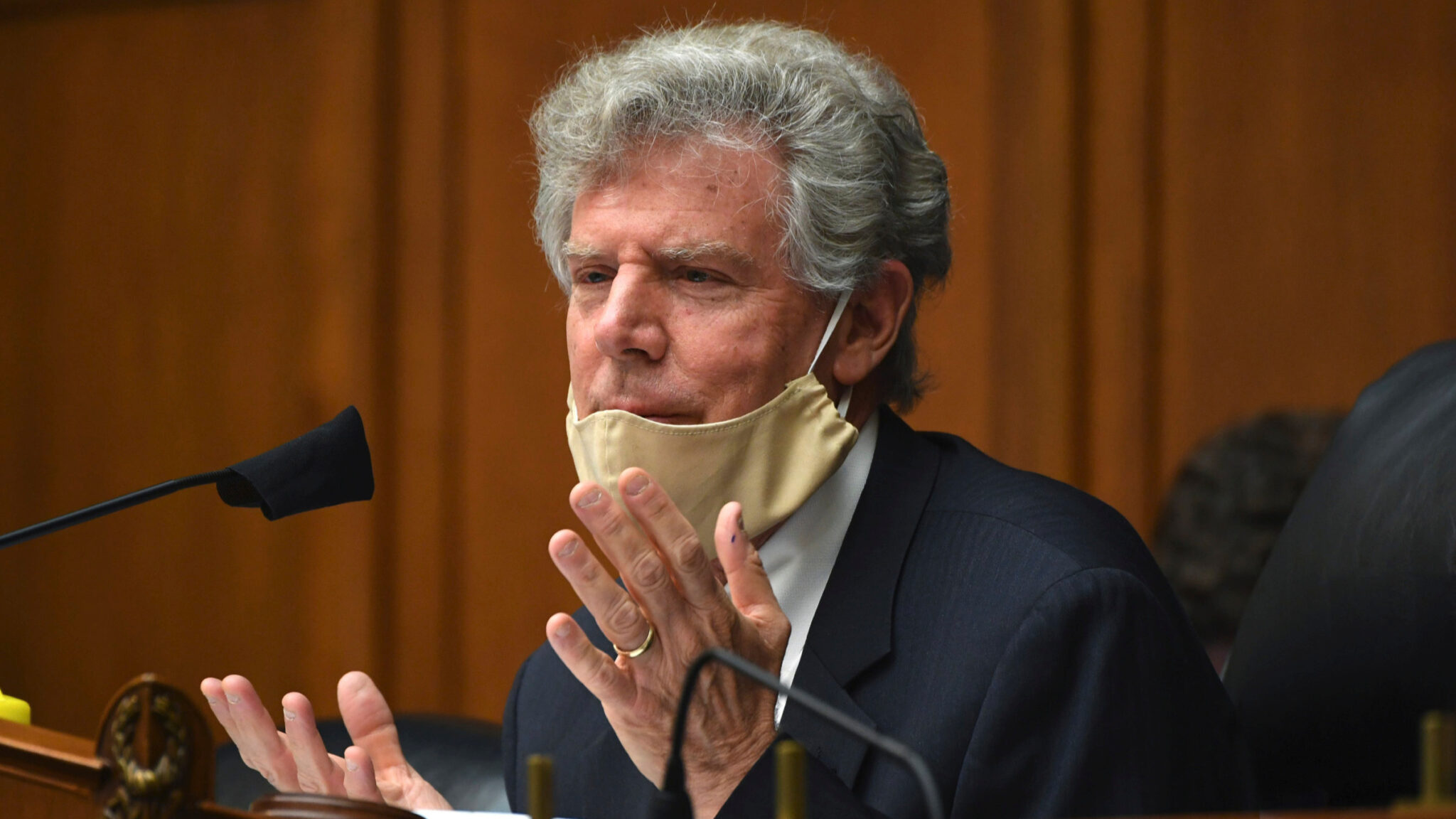
House committee unanimously advances FDA user fee legislation with accelerated approval tweaks
The House Energy and Commerce Committee on Wednesday offered a rare show of bipartisan support for a bill that would provide the FDA with user fees for the next five years.
The committee voted 55-0 to advance the quinquennial user fee bill to the full House floor, which if approved, will allow the FDA to use biopharma funds to hire new reviewers, and hit new marks as outlined in the user fee deals that the FDA and biopharma companies forged over the past several years.
Unlock this article instantly by becoming a free subscriber.
You’ll get access to free articles each month, plus you can customize what newsletters get delivered to your inbox each week, including breaking news.